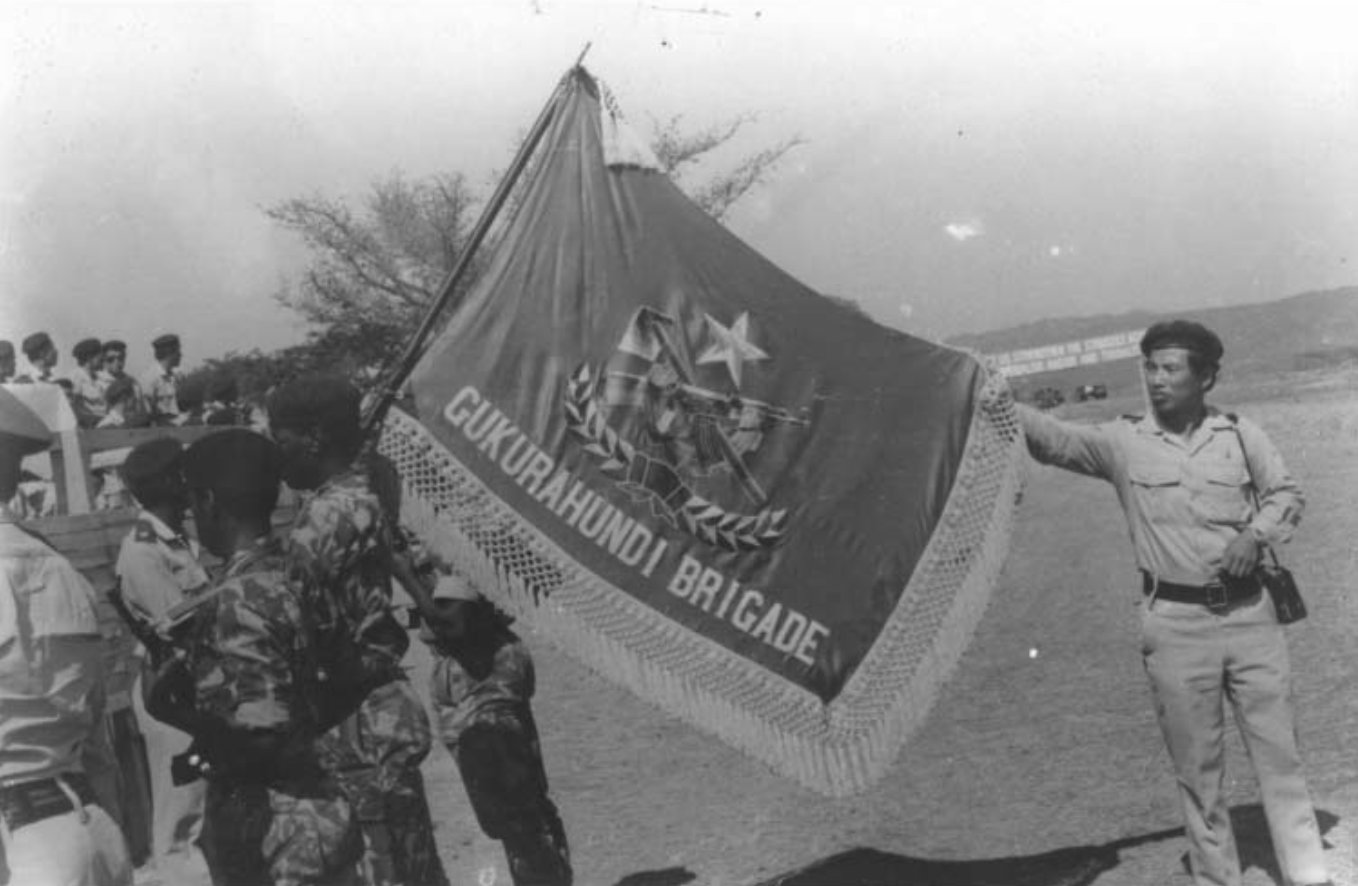Gukurahundi survivors have said January 20, will always remain etched in their minds, as on that fateful day in 1983 the state unleashed the notorious North Korean trained army – the Fifth Brigade into Matabeleland and Midlands.
According to human rights groups, the Fifth Brigade killed as many as 20 000 people most of them civilians.
What exacerbates the pain for the survivors, is that the government has not implemented convincing measures to to bring about justice, ‘true’ peace and reconciliation.
Ibhetshu LikaZulu secretary general Mbuso Fuzwayo told CITE that they were concerned as to how the state was using Gukurahundi for self gain rather than committing itself to healing and peace building.
“We are seriously concerned that this selfish act by the state shows no remorse for their plan and implementation of ethnic cleansing, they continue driving the country for their political gain and are not committed to national unity. Rather they engage in political expediency against the glaring dire consequence of lack of true peace and reconciliation,” he said.
“As we try to pick up the pieces, we note January 20, will forever remain a dark day in the history of our beloved country. This was the day in 1983 that the Fifth brigade was deployed in Matabeleland and the Midlands regions with a clear agenda to commit a genocide. This state funded tribal cleansing was mercilessly carried out up to the end of genocide ceremony on December 22, 1987.”
Fuzwayo said it was sad that up to today, the Zimbabwean government has not taken concrete measures to put into place a foundation for true peace and reconciliation.
“The National Peace and Reconciliation Commission, the constitutional body that is supposed to be independent and expected to lead the process of finding a path towards the peace and reconciliation remains underfunded, its independence remains elusive and undermined,” said the human rights activist.
He also added that it was also unfortunate that some of the chief architects of the mass killings have since died while those who are alive have refused to take responsbility of their crimes.
“Accused number one, Robert Mugabe, accused number three, Perrance Shiri are both dead while President Emmerson Mnangagwa is hoodwinking the nations abusing the church, civic society, traditional leaders and general public by creating unconstitutional structures, setting one against the other yet doing nothing progressively in pursuit of true peace and reconciliation for this country,” Fuzwayo said.
“We are seriously worried that that other instruments who are the soldiers and military generals that led the extermination of our fellow countrymen continue to die everyday without giving the country vital information on how they implemented this diabolic act, painfully survivors are not spared either, they continue to depart without finding justice and closure.”
The human rights activist said Ibhetshu LikaZulu would continue piling pressure on government figureheads to solve the Gukurahundi killings.
“We reiterate our commitment to work towards true national unity, as we are aware of its importance in nation building,” Fuzwayo said.
ZAPU national Spokesperson, Iphithule Maphosa echoed the same sentiments and said the state’s arrogance whenever victims called for a resolution to the Gukurahundi, was a sign that the government is reluctant to solve the emotive issue.
“What pains me the most is that just under a month ago the government was celebrating the annihilation of ZAPU in a yearly event since 1987, which they christened Unity Day. When we remember the events that followed the official deployment of the Fifth Brigade on January 20 in 1983, juxtaposing with the arrogance shown by the state whenever we call for resolution of the genocide with all its injustices, it becomes so clear it was not a moment of madness but a well planned and choreographed operation in which state resources were used to kill its harmless, innocent and unarmed citizens,” he said.
Maphosa said the way forward was for the government to acknowledge and take deliberate action to restore justice fully.
“We call, once again, for the resolution of this crime through ways that will allow acknowledgement, truth-telling, justice (both punitive and restorative), documentation, reburials as well as memorisation, reparations and a deliberate affirmative action for the affected provinces to catch up with the rest of the country in terms of social and economic development,” he said.

